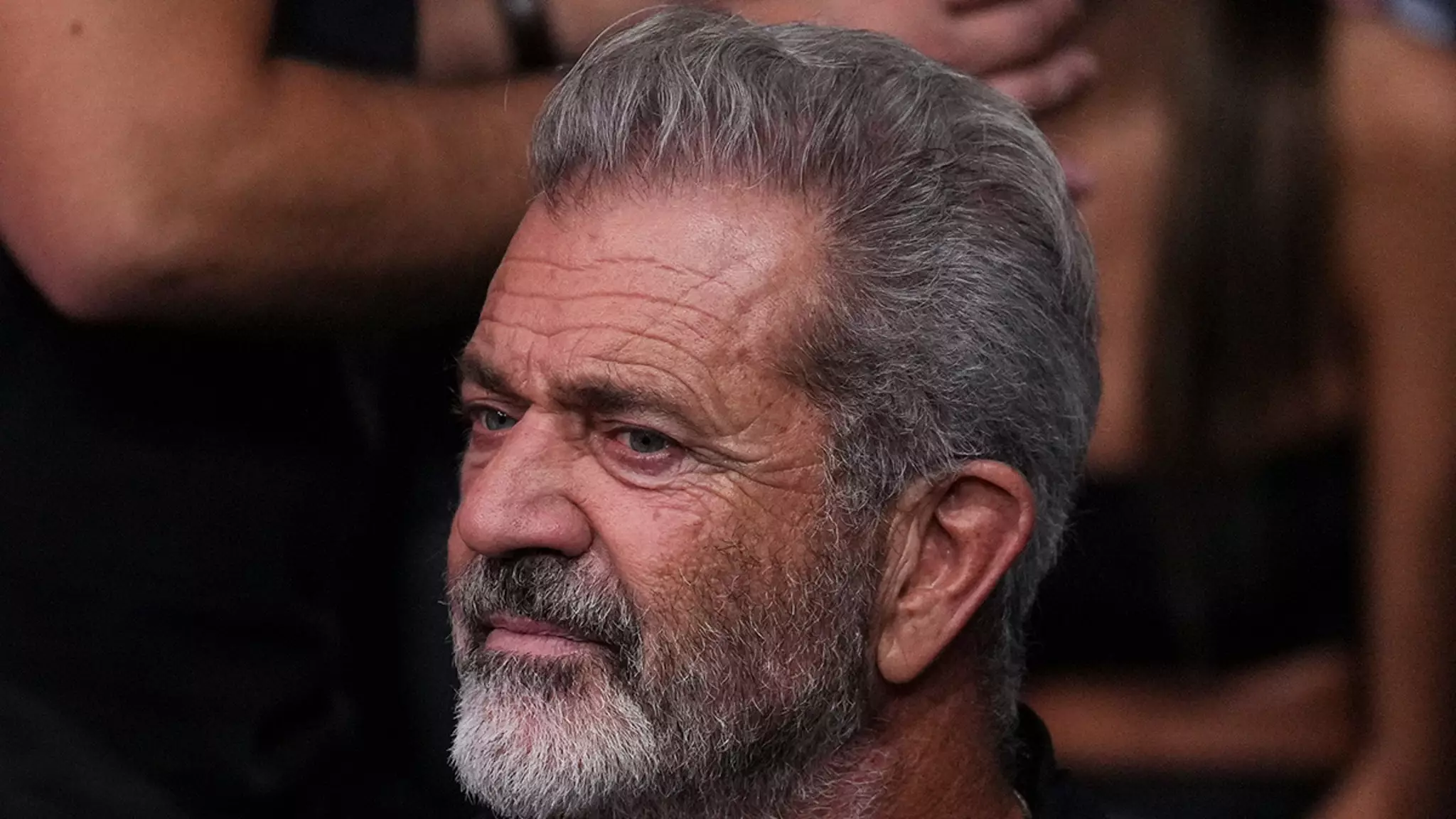The recent decision to restore Mel Gibson’s gun rights has triggered a storm of outrage and debate, raising critical questions about the intersection of celebrity influence, legal accountability, and public safety. Gibson, who faced legal consequences in 2011 after pleading no contest to a battery charge, represents a troubling case within the Justice Department’s broader policy towards firearm ownership by those with convictions. The restoration of his rights does not merely hinge on legal frameworks—it reveals an alarming trend where political relationships may outweigh judicial concerns.
Influence of Political Connections
It’s worth examining the underlying factors that facilitated Gibson’s return to gun ownership. Reports indicate that his close relationship with former President Donald Trump played a significant role in this decision. The involvement of political heavyweights, especially within the corridors of power at the Justice Department, poses a serious ethical dilemma. When the legal adjudications surrounding gun rights appear to be swayed by celebrity status or political affiliations, it sends a dangerous message about privilege and accountability. Citizens might question whether the same leniency would have been extended to an ordinary individual with a similar criminal history.
A Justice Department Divided
The turmoil within the Justice Department surrounding Gibson’s case is particularly alarming. The reported firing of Elizabeth G. Oyer, the former U.S. pardon attorney, for opposing the restoration of Gibson’s rights illuminates a disconcerting culture that prioritizes networking and personal allegiances over the rule of law. The forced resignation of an official for standing by legal precedent is a striking violation of the ethical standards expected from a government entity. It suggests that personal relationships and political calculus are displacing foundational principles in judicial processes.
The Broader Implications for Gun Rights
With Gibson’s reinstatement now made public, the decision reverberates beyond the individual. It challenges the narrative surrounding gun accessibility and criminal background checks. The precedent set by this decision can set a worrisome tone, as others in similar situations may seek to leverage political connections for personal gain. The risk is not merely hypothetical; it casts a shadow over the entire framework of societal safety and the integrity of the criminal justice system.
Cultural Reflections on Celebrity and Justice
Furthermore, this episode serves as a reflection of our cultural fixation with celebrities and the narrative we construct around them. Gibson, notorious for a tumultuous career marked by scandal and controversy, has resurfaced in public life thanks to his star status. The danger lies in the normalization of such occurrences, where societal acceptance and admiration can overshadow accountability. As we consider the implications of Gibson’s restoration of gun rights, we must grapple with the broader questions about our values and the lengths to which we are willing to overlook injustice in favor of fame.
In sum, Mel Gibson’s return to gun ownership is far more than an isolated incident; it encapsulates a shifting landscape where power, influence, and legal structures collide, often at the expense of justice and societal integrity.

Leave a Reply